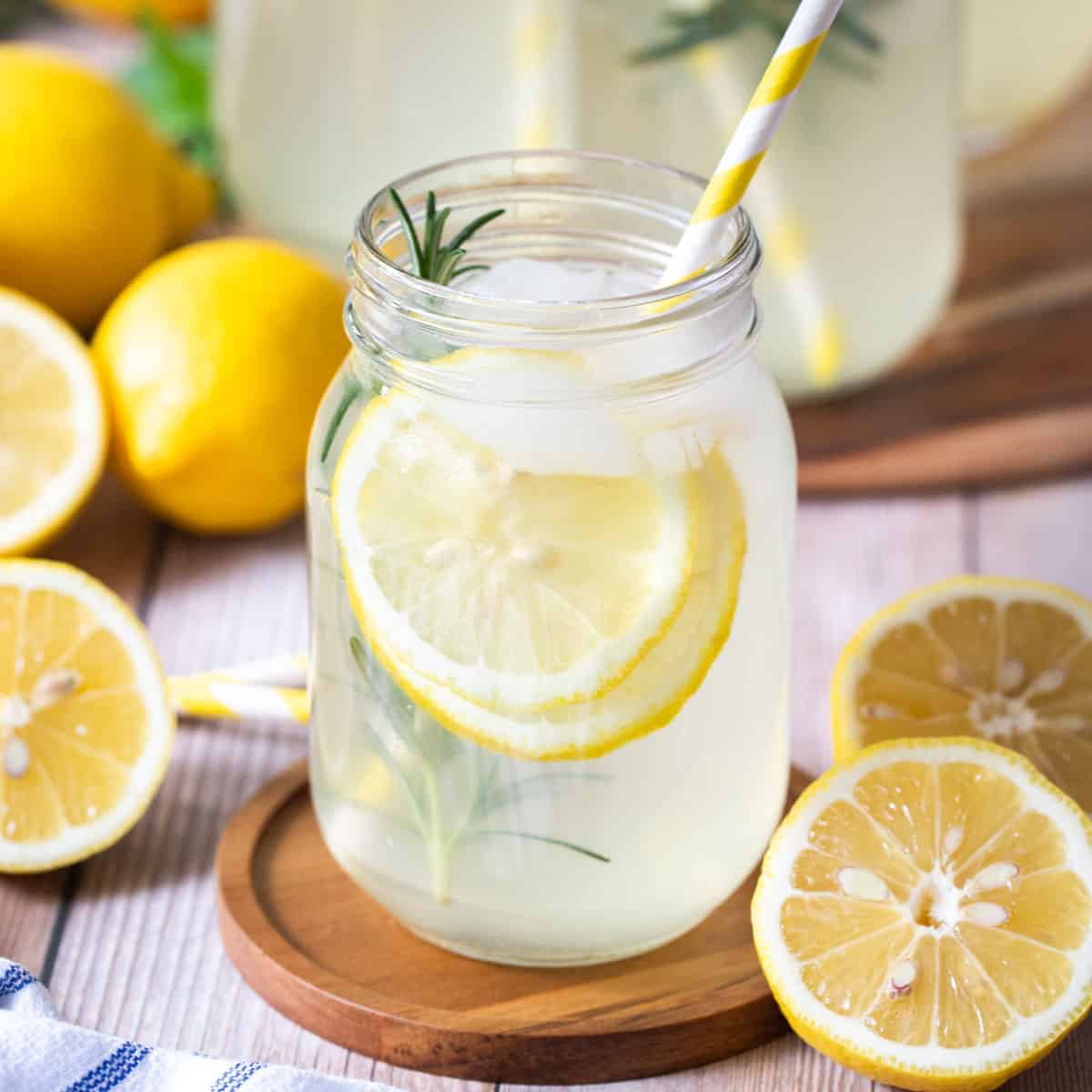Ultimate Lemon Cordial Concentrate Recipe: A Tangy Delight for Families
Welcome to the Zestiest Corner of the Web: Your Home for Homemade Lemon Cordial!
Hey there, amazing parents! Are you ready to add a splash of sunshine to your family’s drink menu? Look no further, because we’ve got the perfect homemade lemon cordial concentrate recipe that’s just bursting with bright, citrusy flavors. Perfect for those sunny picnics, delightful brunches, or even as a homemade gift for friends and loved ones, this lemon cordial is bound to be a hit with both the kiddos and grown-ups alike!
What You’ll Need: Simple Ingredients for an Extraordinary Cordial
Here’s a cheerful little secret: making lemon cordial at home is incredibly easy, and it all starts with fresh, quality ingredients. Our recipe calls for the following zesty wonders:
- Freshly squeezed lemon juice – The star of the show, providing that unmistakable tang.
- Granulated sugar – Sweetens the deal and balances the acidity of the lemons.
- Water – Your trusty base, ensuring the perfect concentrate consistency.
- Citric acid or tartaric acid – These ensure your cordial stays fresh and adds an extra zing.
- Lemon zest – For that added aromatic kick that elevates your cordial from great to grand.
Why Make Lemon Cordial at Home? A Bundle of Benefits!
Not only is whipping up your own batch of lemon cordial a fun family activity, but it comes with a basketful of benefits too. You can control the sweetness, tweak the tanginess, and say goodbye to those pesky preservatives found in store-bought varieties. Plus, it’s an unbeatable way to stay hydrated and refreshed throughout the day. It’s simple, it’s natural, and it’s oh-so satisfying!
Let’s Make Magic: Crafting Your Homemade Lemon Cordial Concentrate
Roll up your sleeves, because it’s time to dive into the delightful world of homemade cordials. Follow our easy-peasy lemon squeezy guide, and you’ll have a batch of homemade lemon cordial ready in no time. Let’s get zesting!
- Prepare Your Lemons – Begin by thoroughly washing your lemons to remove any wax or residue. Pat them dry and zest them before juicing. This ensures you capture all that gorgeous lemon oil for maximum flavor.
- Let’s Get Juicing – Cut the lemons in half and juice them. Strain the juice to ensure it’s free from seeds and pulp for a smooth cordial.
- Sweet Symmetry – In a saucepan, combine the granulated sugar with water and heat gently until the sugar dissolves. Take care not to boil the mixture; we just want a warm, sugar solution.
- Lemon Love – Once the sugar solution is ready, take the pan off the heat and stir in the fresh lemon juice along with the lemon zest.
- Acid Accent – Add a touch of citric acid or tartaric acid to the mix. This not only acts as a preservative but also gives your cordial that extra tang.
- Bottle It Up – Sterilize your bottles by boiling them or running them through a hot dishwasher cycle. Pour the lemon cordial concentrate while it’s still warm into the sterilized bottles, seal them, and let them cool.
- Final Flair – Your homemade lemon cordial is ready to be enjoyed!]]>
Serving Suggestions: Unleash the Versatility of Your Lemon Cordial
Now that you’ve made your beautiful bottle of lemon cordial concentrate, let’s talk about the many ways you can enjoy it! Dilute it with still or sparkling water for a quick, revitalizing drink. Drizzle it over a fresh fruit salad, or mix it into your favorite cocktail for an extra lemony kick. The possibilities are as endless and exciting as your family’s imagination!

5 Things Every Parent Should Know When Making Lemon Cordial Concentrate
Before you get started, here are five essential tips to make your lemon cordial crafting experience a breeze:
- Selecting the Best Lemons – Opt for organic lemons if possible, as they are less likely to have been treated with waxes and pesticides. Look for fruits that feel heavy for their size and have a brightly colored, slightly textured skin. These often yield the most juice and zest.
- Getting the Kids Involved – Cordial making is a splendid activity to share with your children! Assign them simple tasks such as measuring the sugar or juicing the lemons (with supervision). It’s a fun way to teach them about cooking and enjoy family time together.
- Safety First – When heating the sugar solution, keep little ones at a safe distance and handle hot liquids with care. Also, ensure that anyone helping with the juicing uses protective gear if necessary to avoid lemon juice in cuts or eyes.
- Storage and Preservation – Make sure to use sterilized bottles to store your lemon cordial to extend its shelf life. The cordial can typically be stored in a cool, dark place for several weeks, and it can last even longer if refrigerated.
- Customize to Taste – Remember, this recipe can be customized to your family’s preference. Adjust the amount of sugar if you prefer a tarter taste, or add a bit more if you like it sweeter. The recipe is just a starting point—feel free to experiment!
Printable Recipe Card for Your Lemon Cordial Adventure
Lemon Cordial Concentrate Recipe
- 1 cup freshly squeezed lemon juice (about 4-6 lemons)
- 2 cups granulated sugar
- 3 cups water
- 1 teaspoon citric acid or tartaric acid
- 2 tablespoons lemon zest
- Wash and zest the lemons. Then juice the lemons and strain to remove seeds and pulp.
- Combine water and sugar in a saucepan over low heat, stirring until sugar dissolves completely.
- Take the sugar solution off the heat and add lemon juice and zest.
- Stir in the citric acid or tartaric acid.
- Pour the warm mixture into sterilized bottles, seal, and let cool.
- Store in a cool, dry place or refrigerate. Dilute with water or add to beverages as desired.
Remember: Always supervise children during the cooking process and handle hot liquids with care to ensure safety in the kitchen.
See more great Things to Do with Kids in New Zealand here. For more information see here
Disclaimer
The articles available via our website provide general information only and we strongly urge readers to exercise caution and conduct their own thorough research and fact-checking. The information presented should not be taken as absolute truth, and, to the maximum extent permitted by law, we will not be held liable for any inaccuracies or errors in the content. It is essential for individuals to independently verify and validate the information before making any decisions or taking any actions based on the articles.




